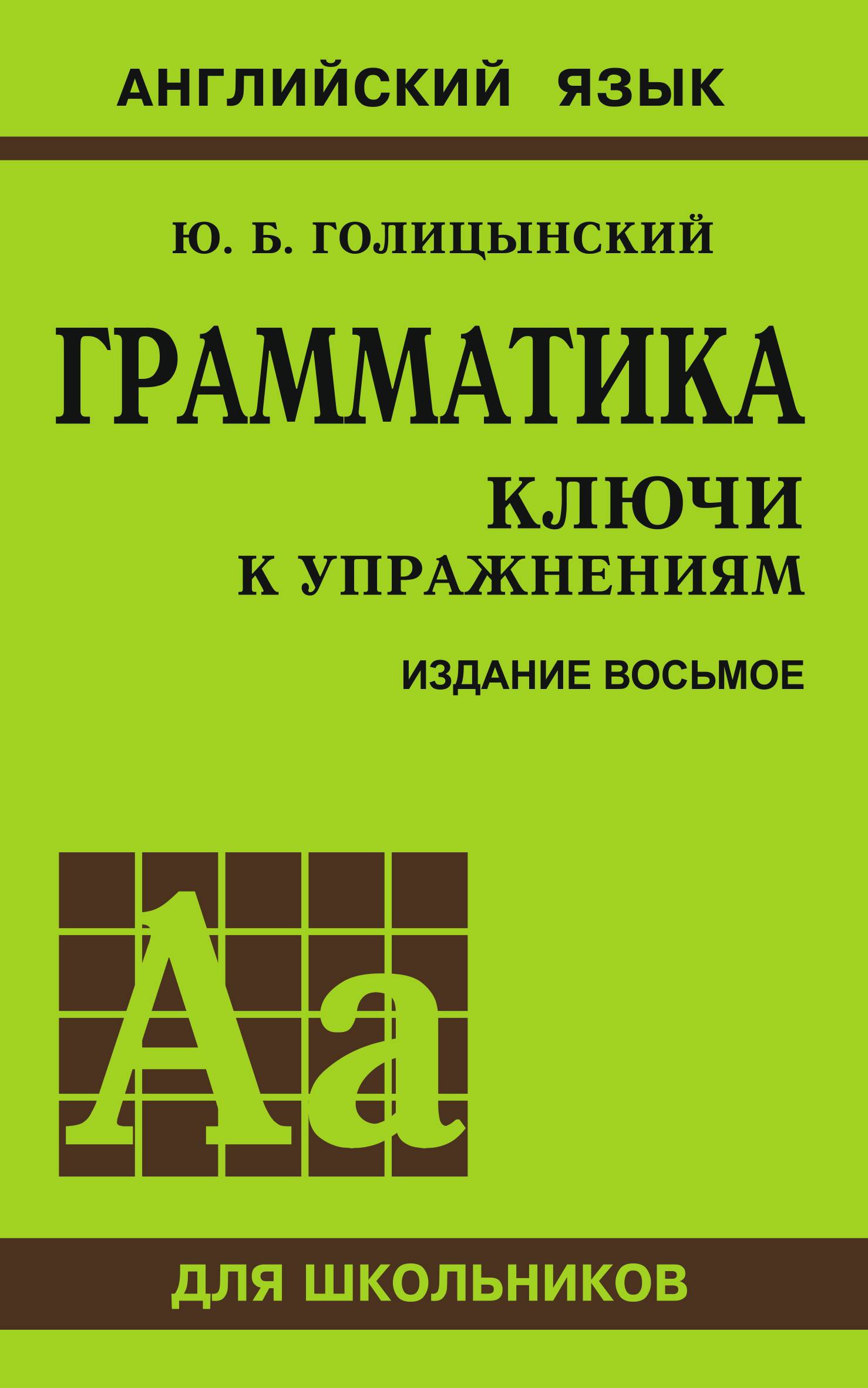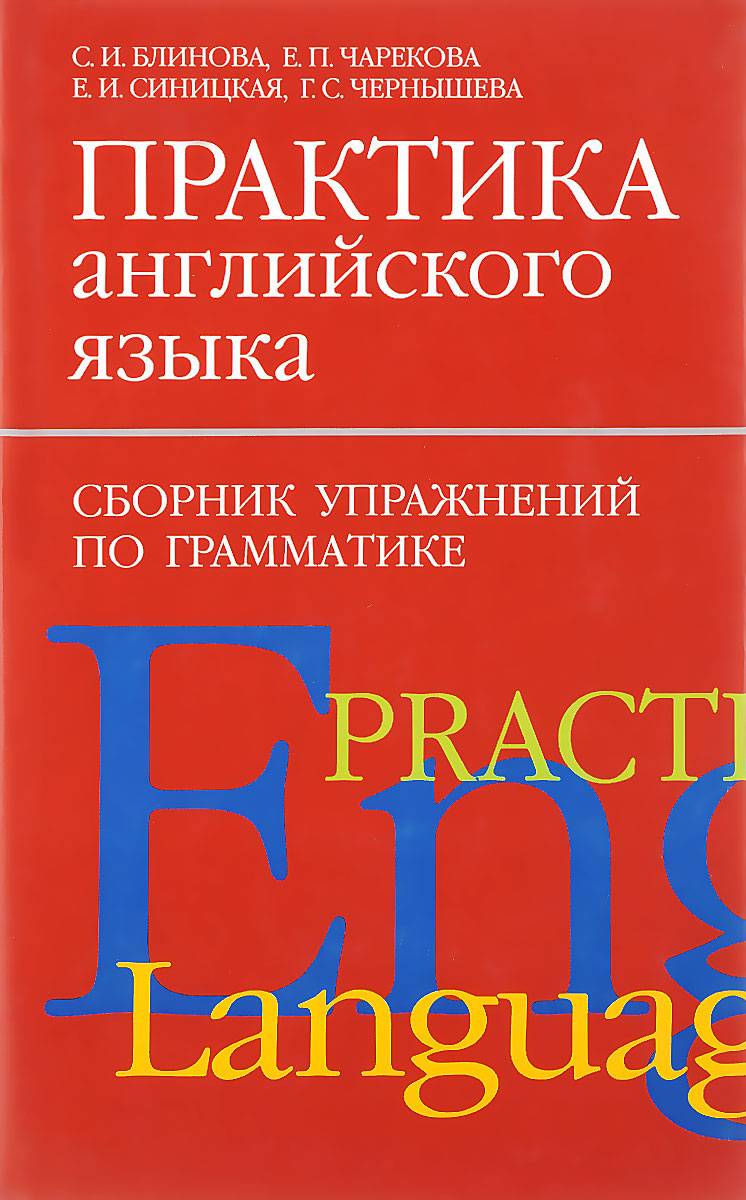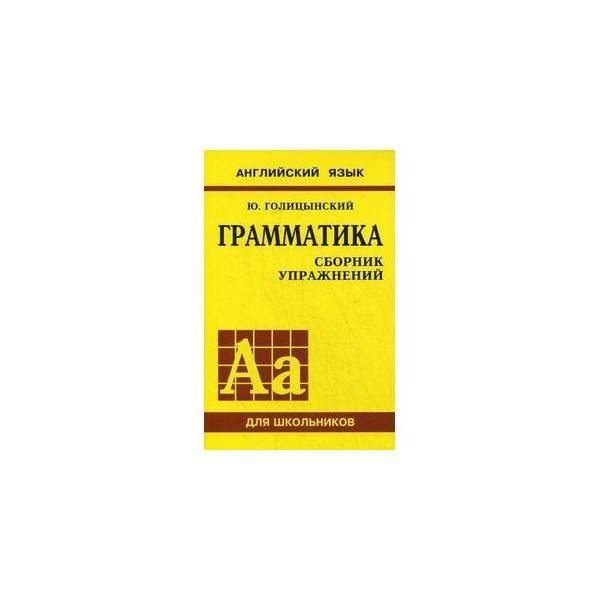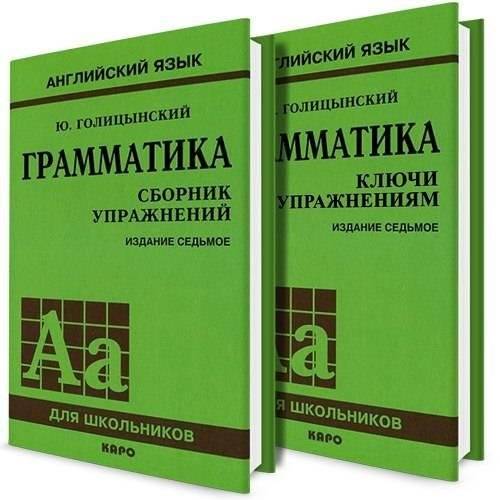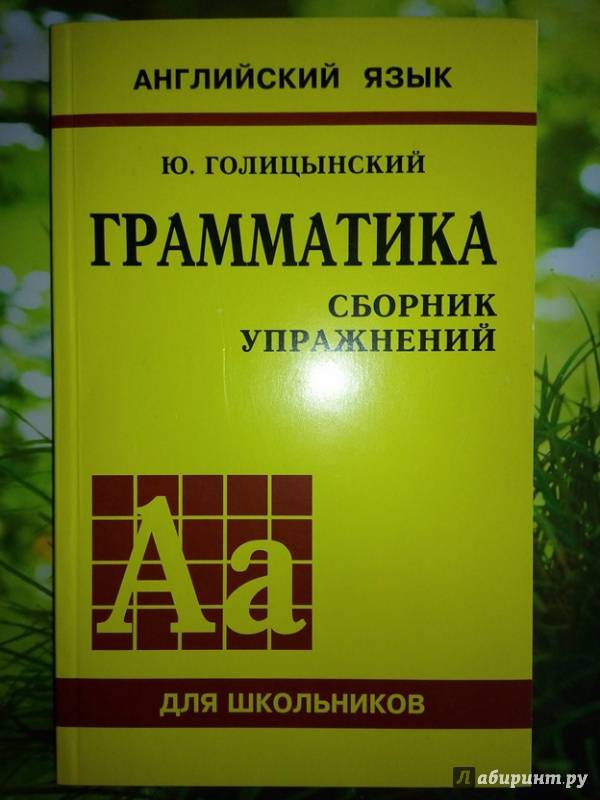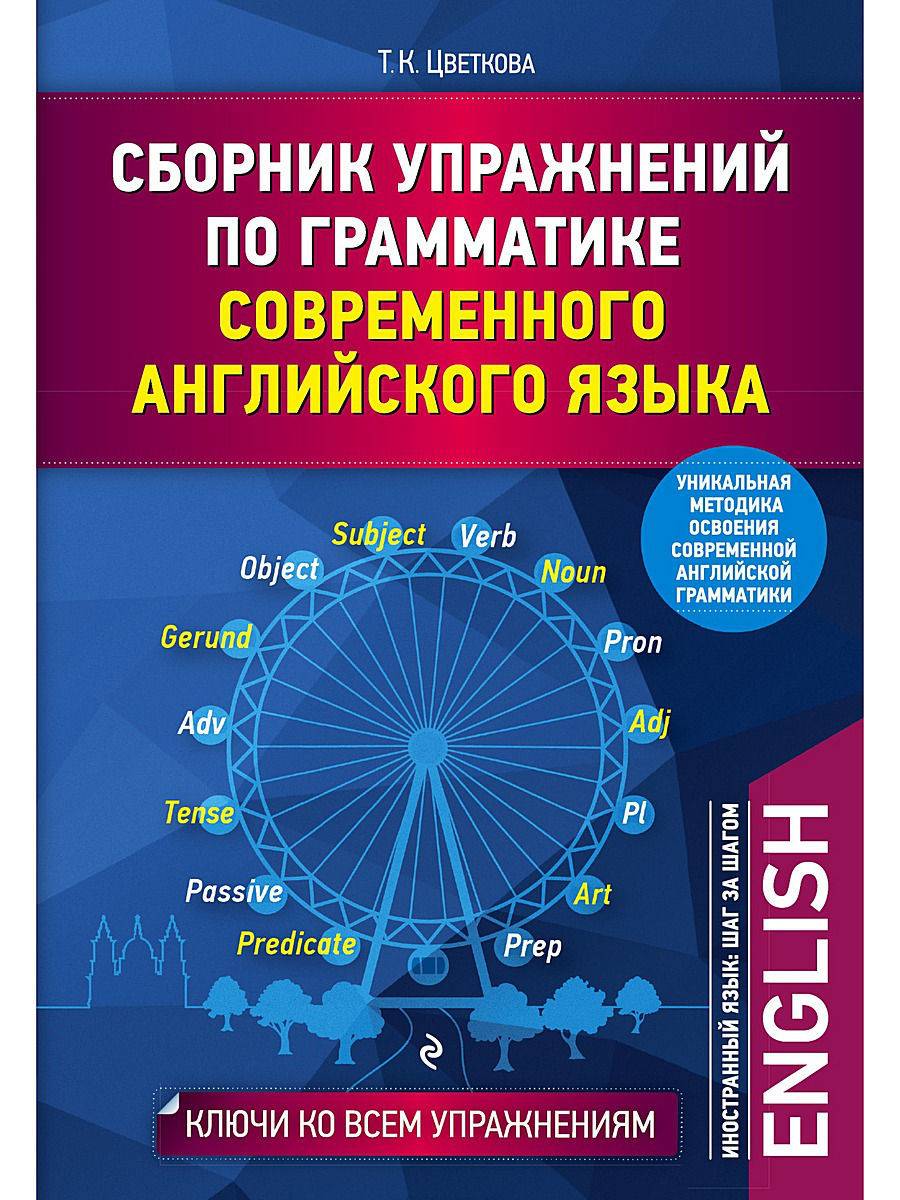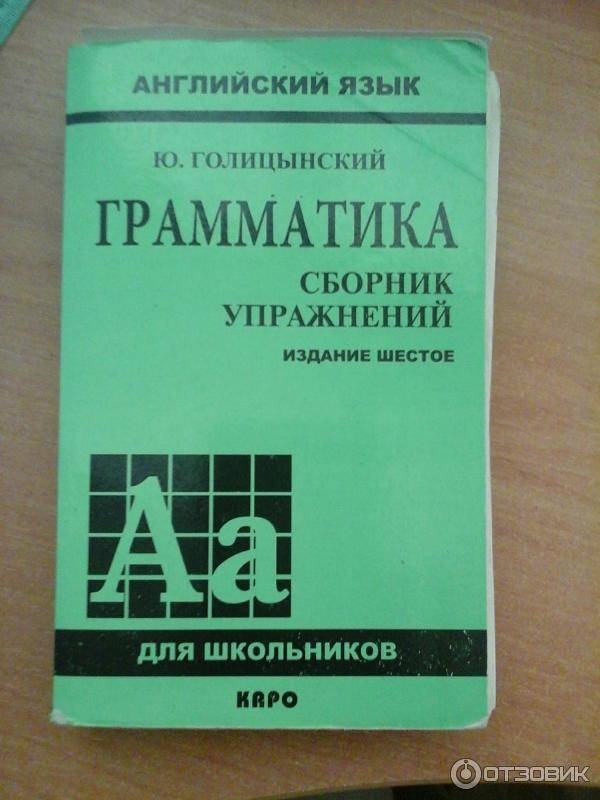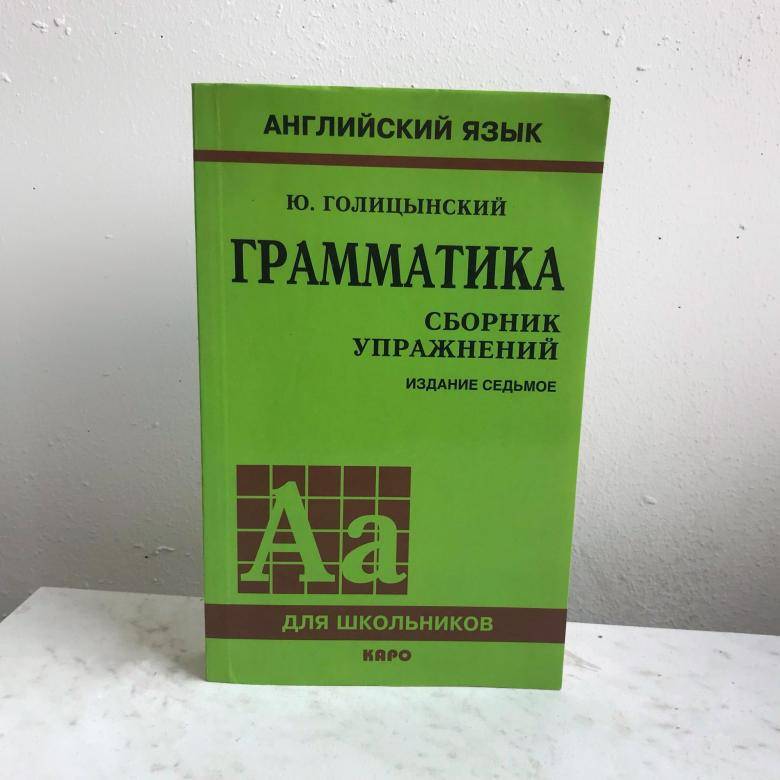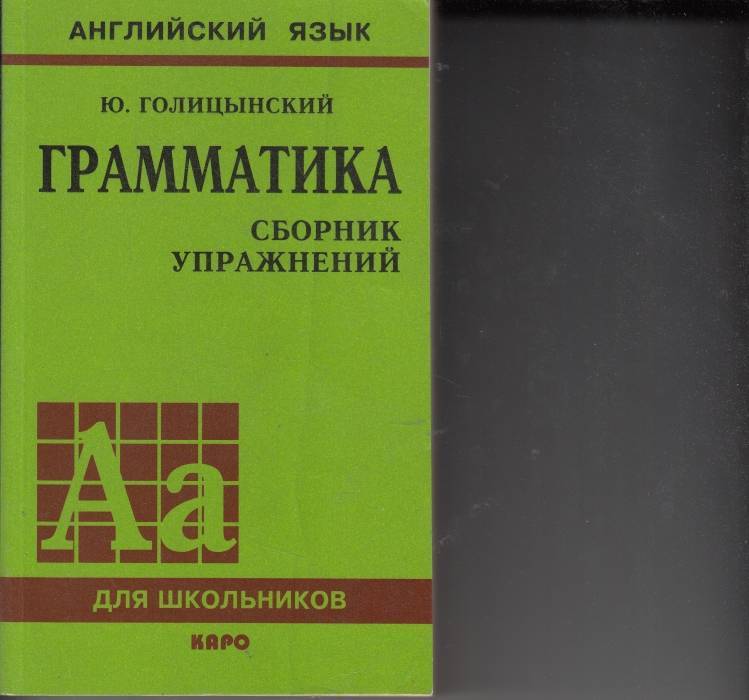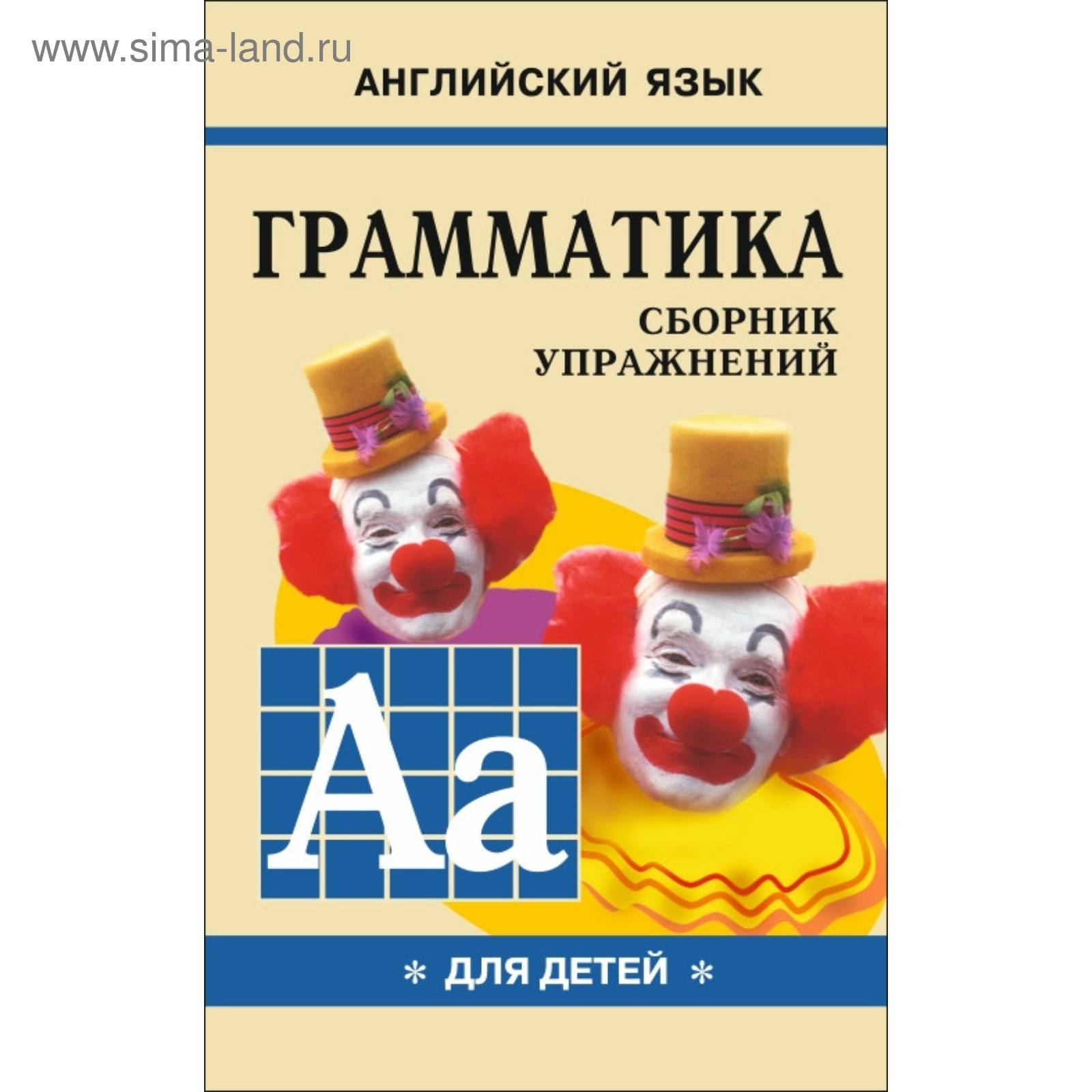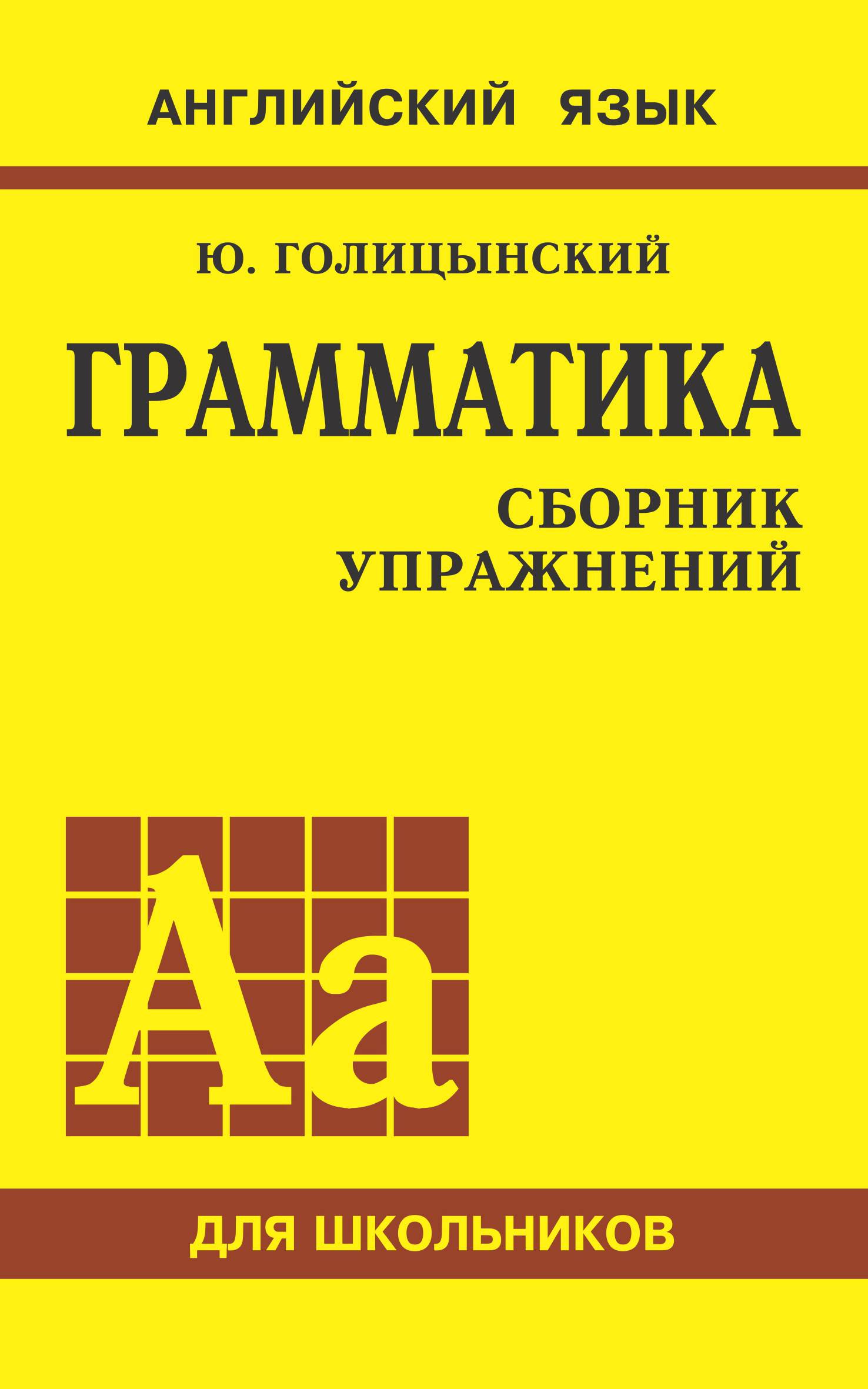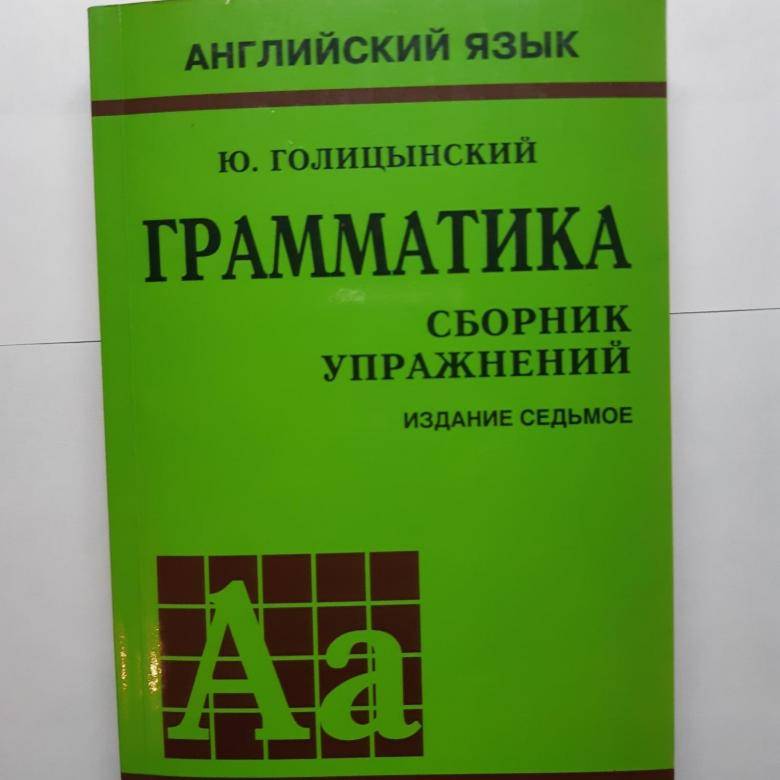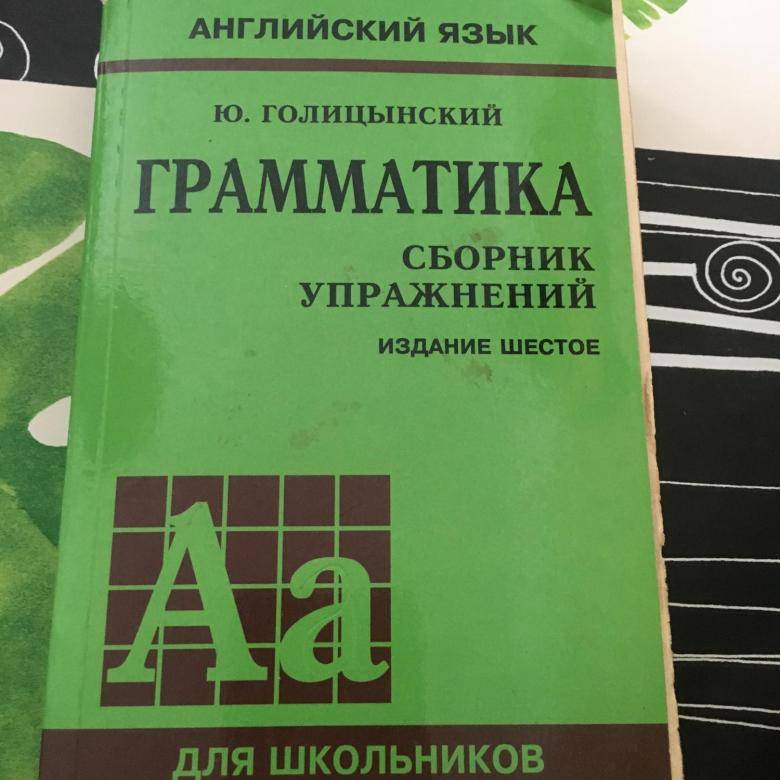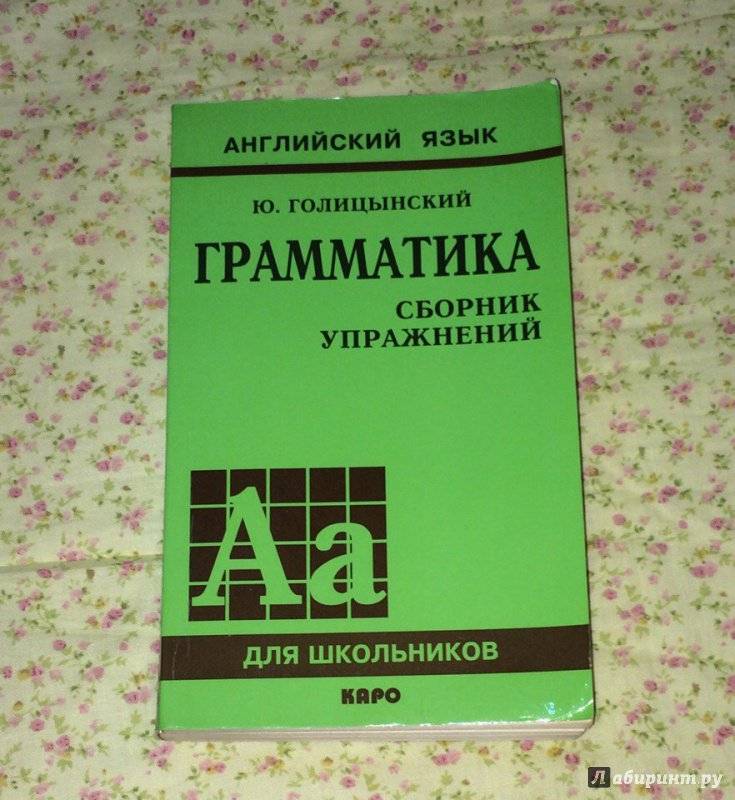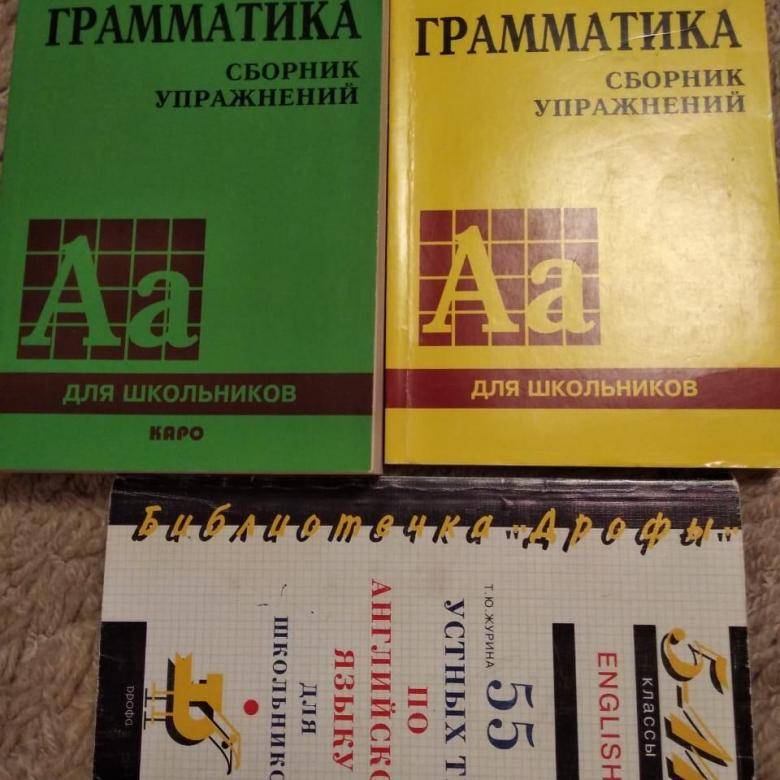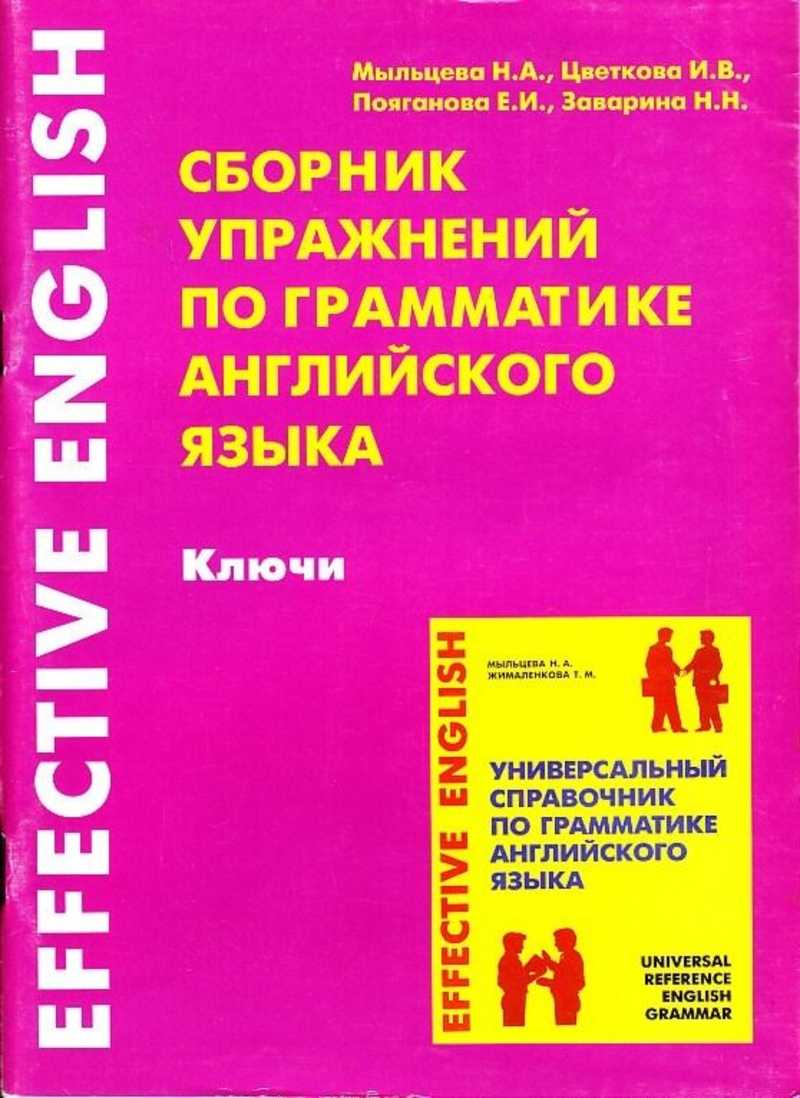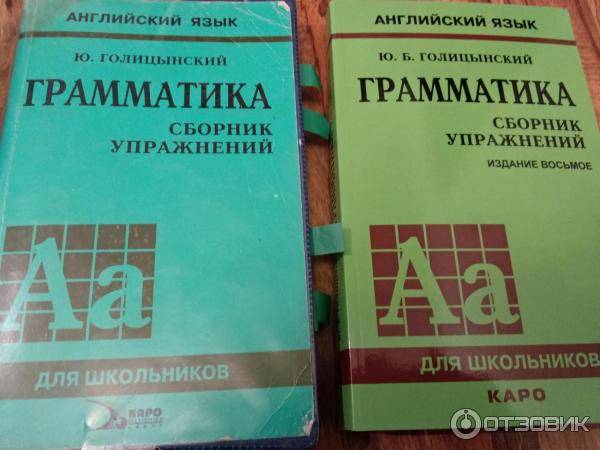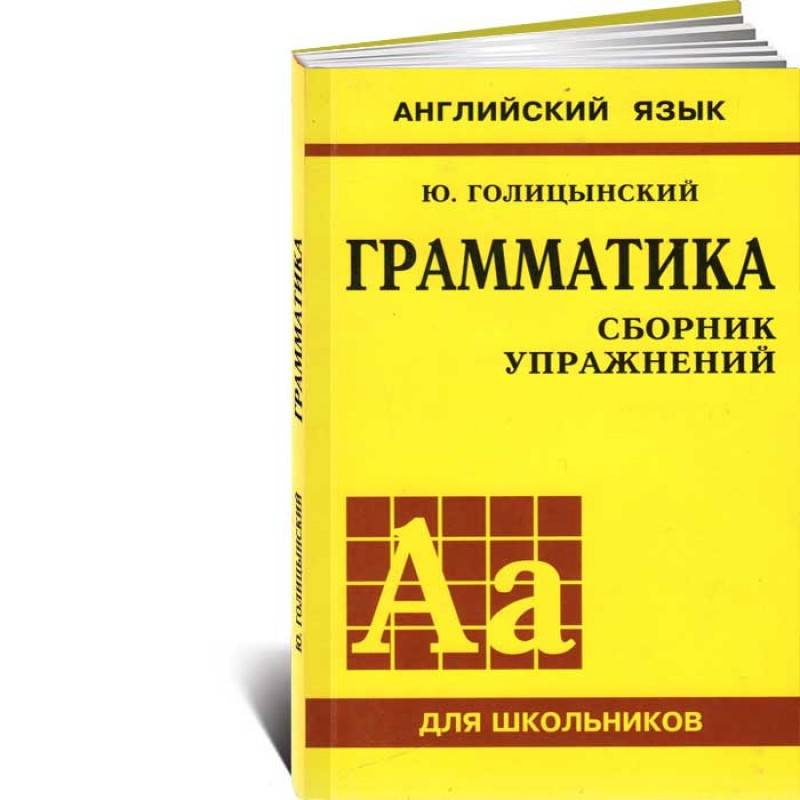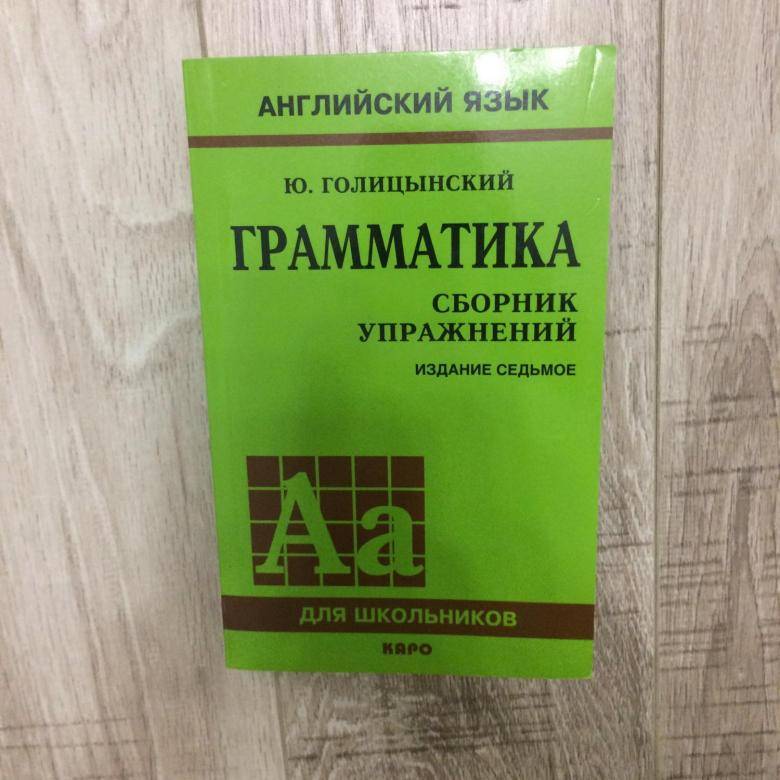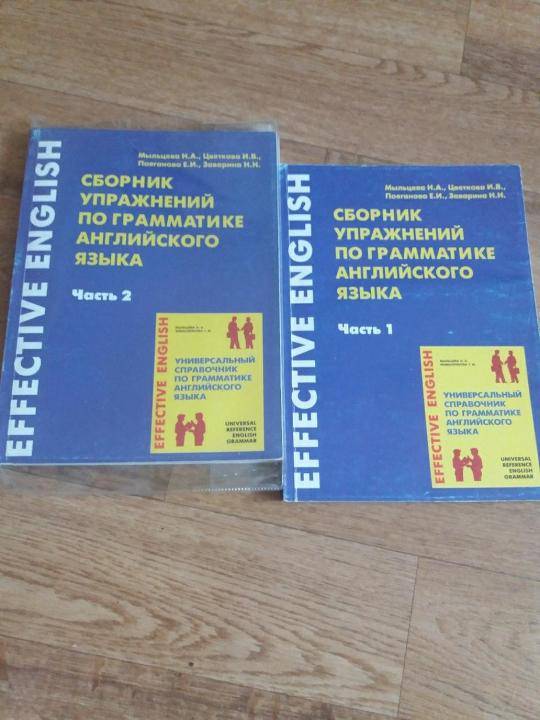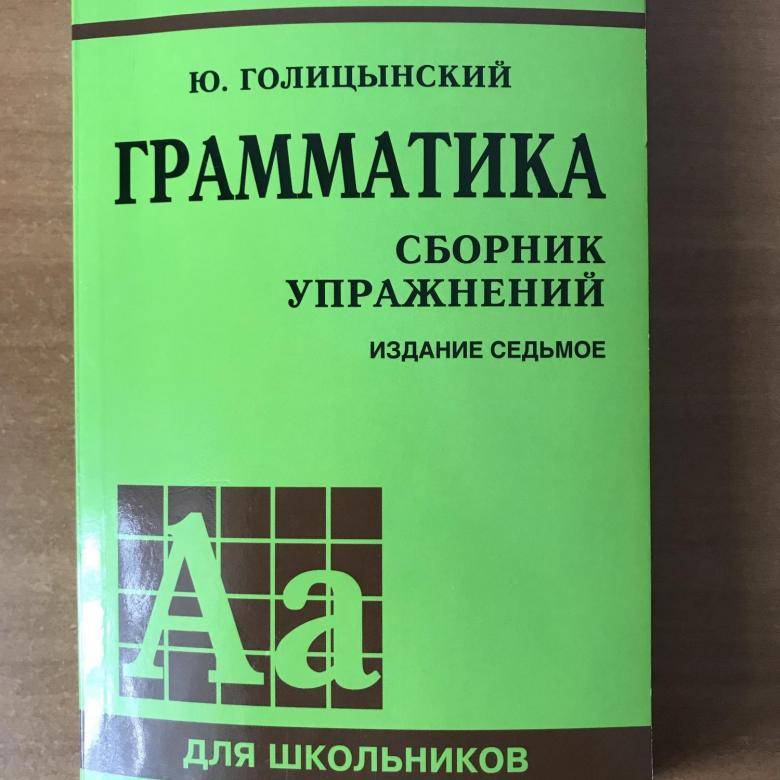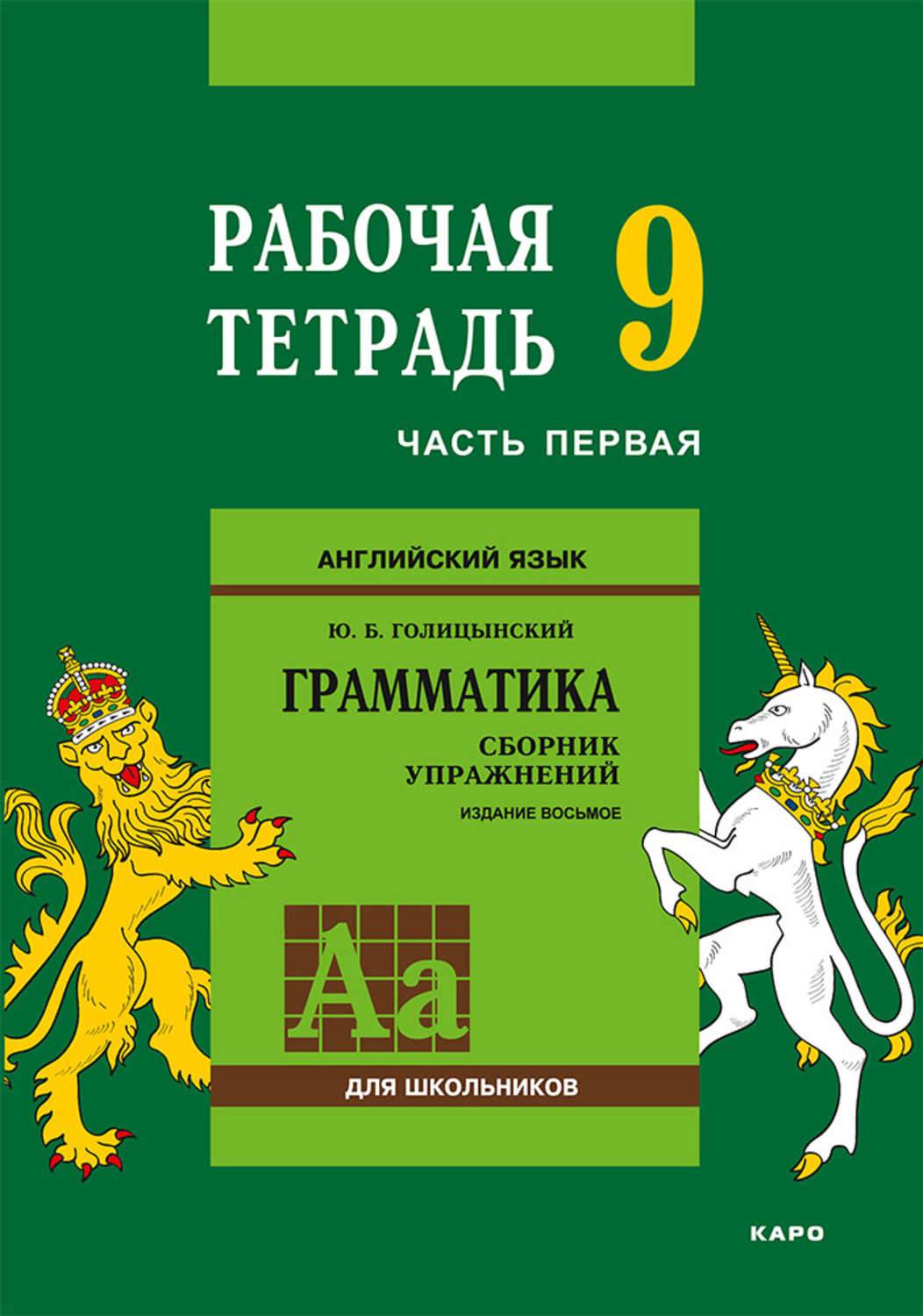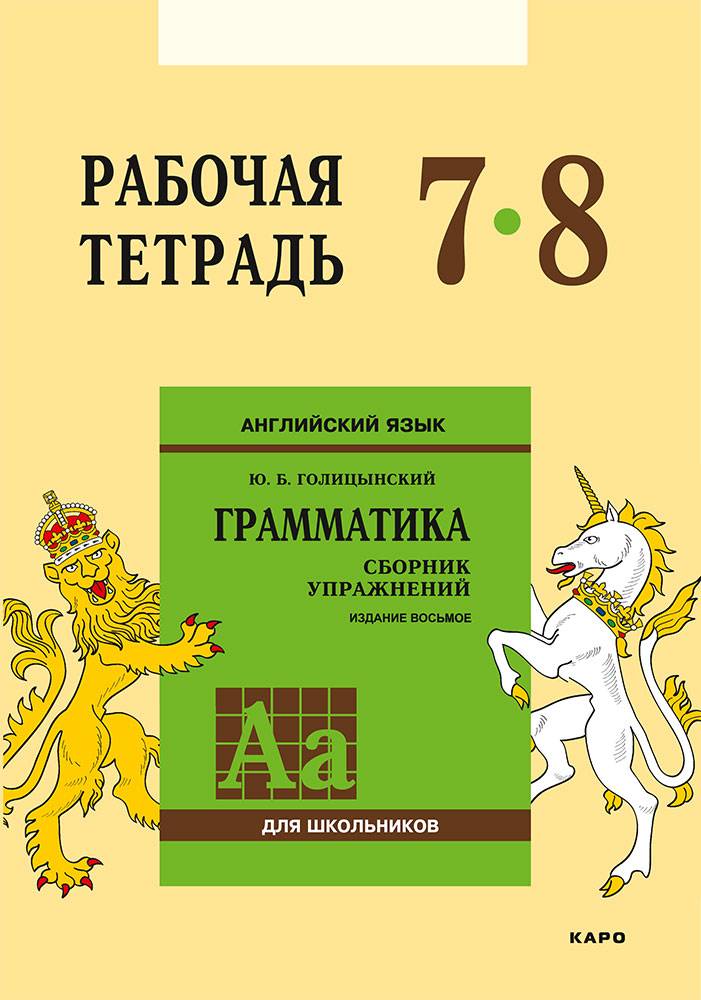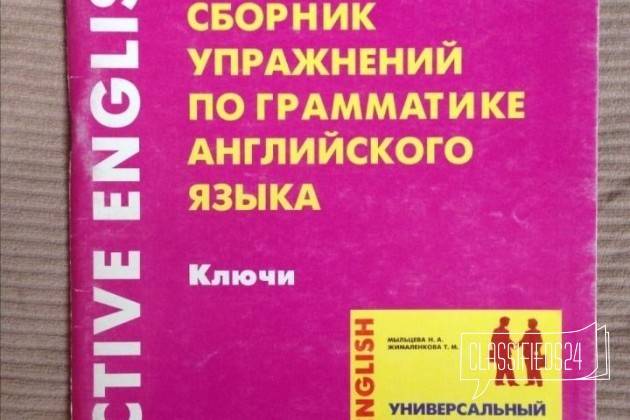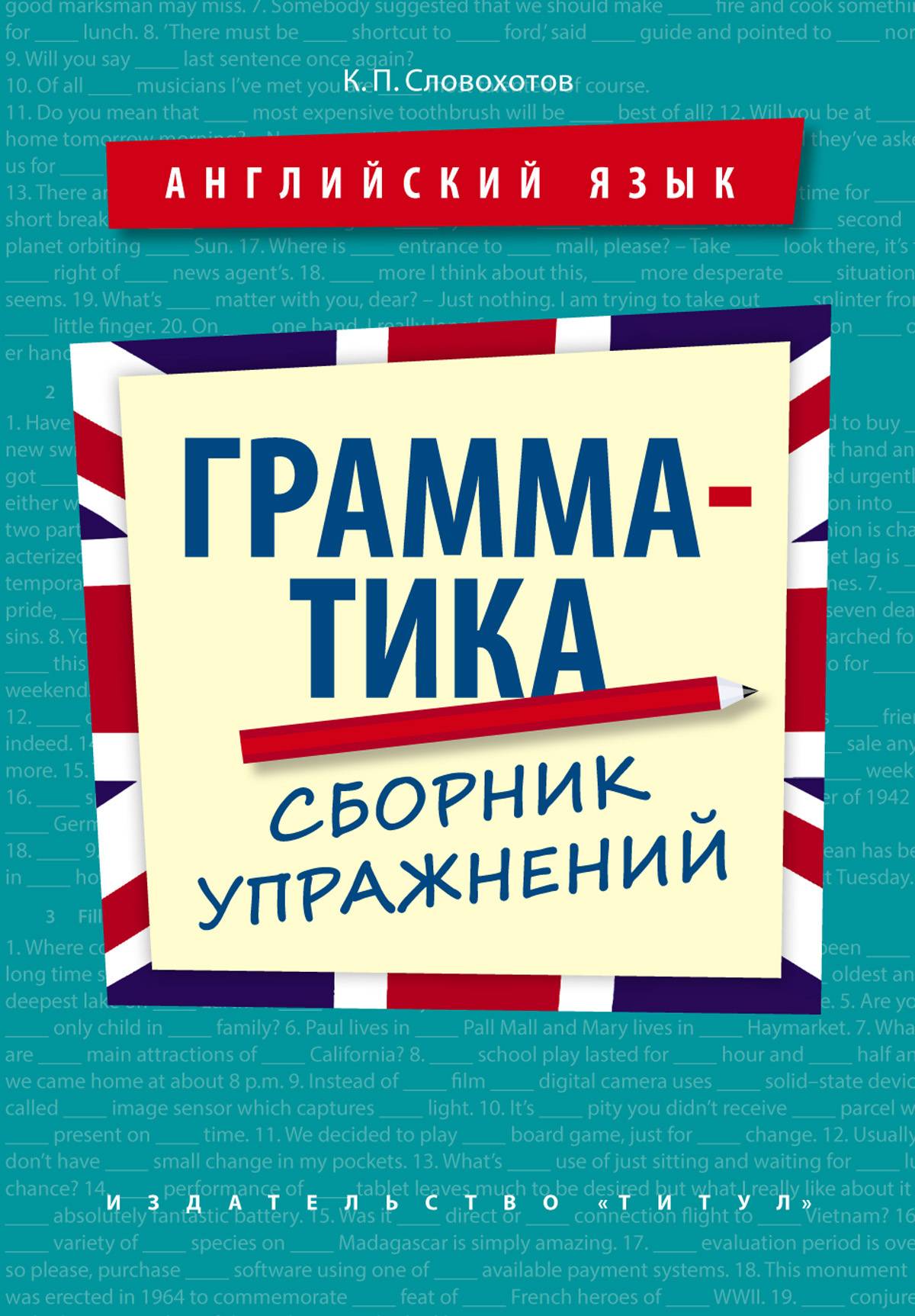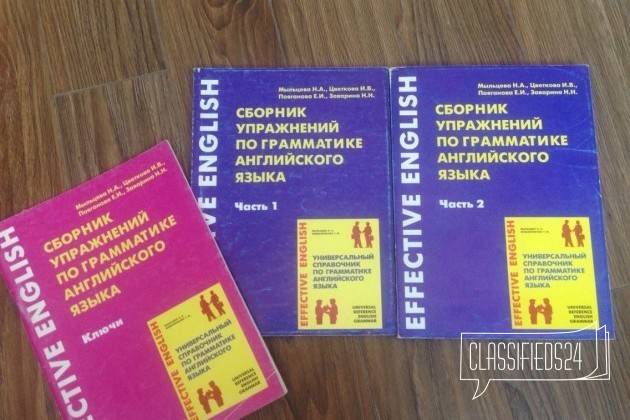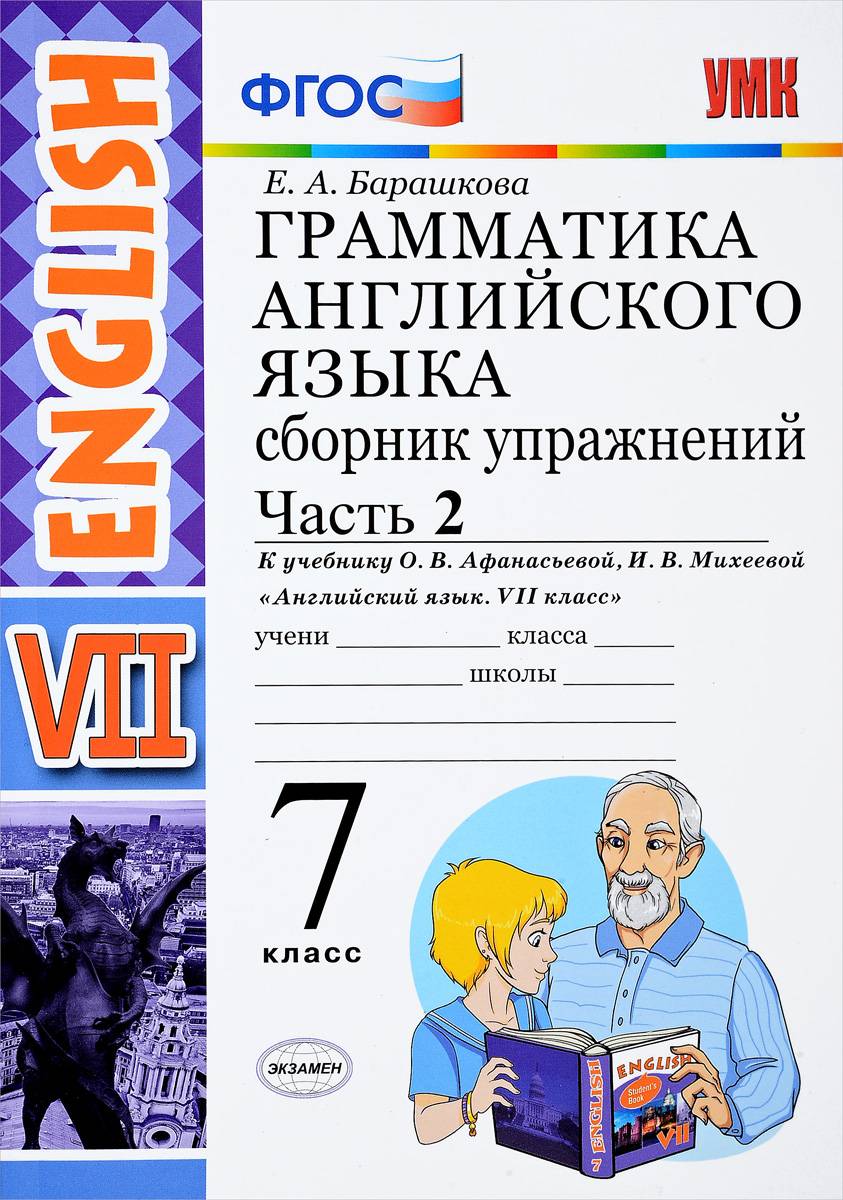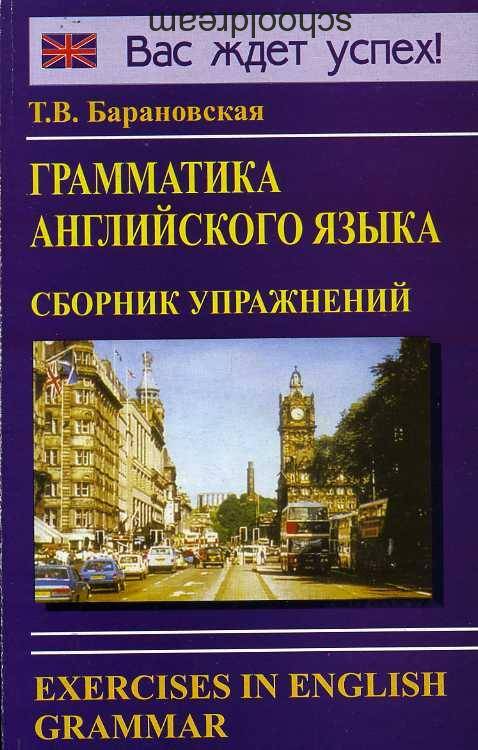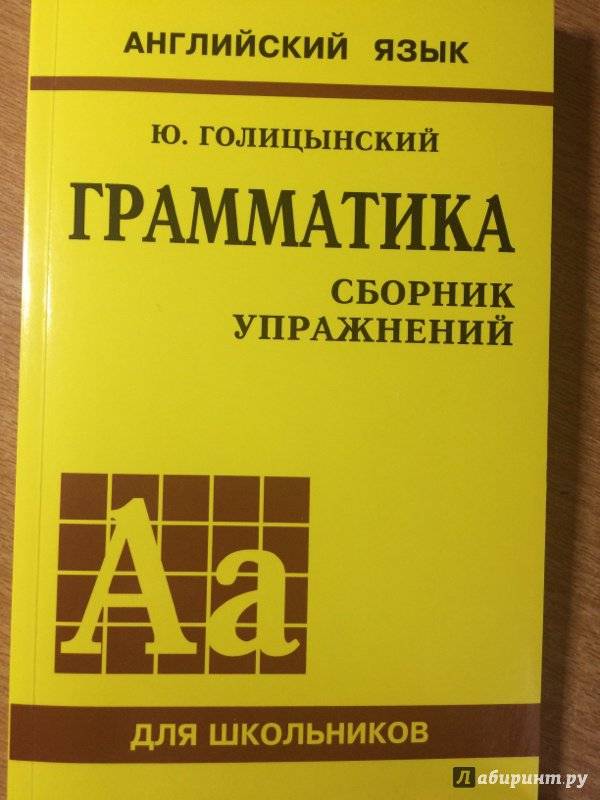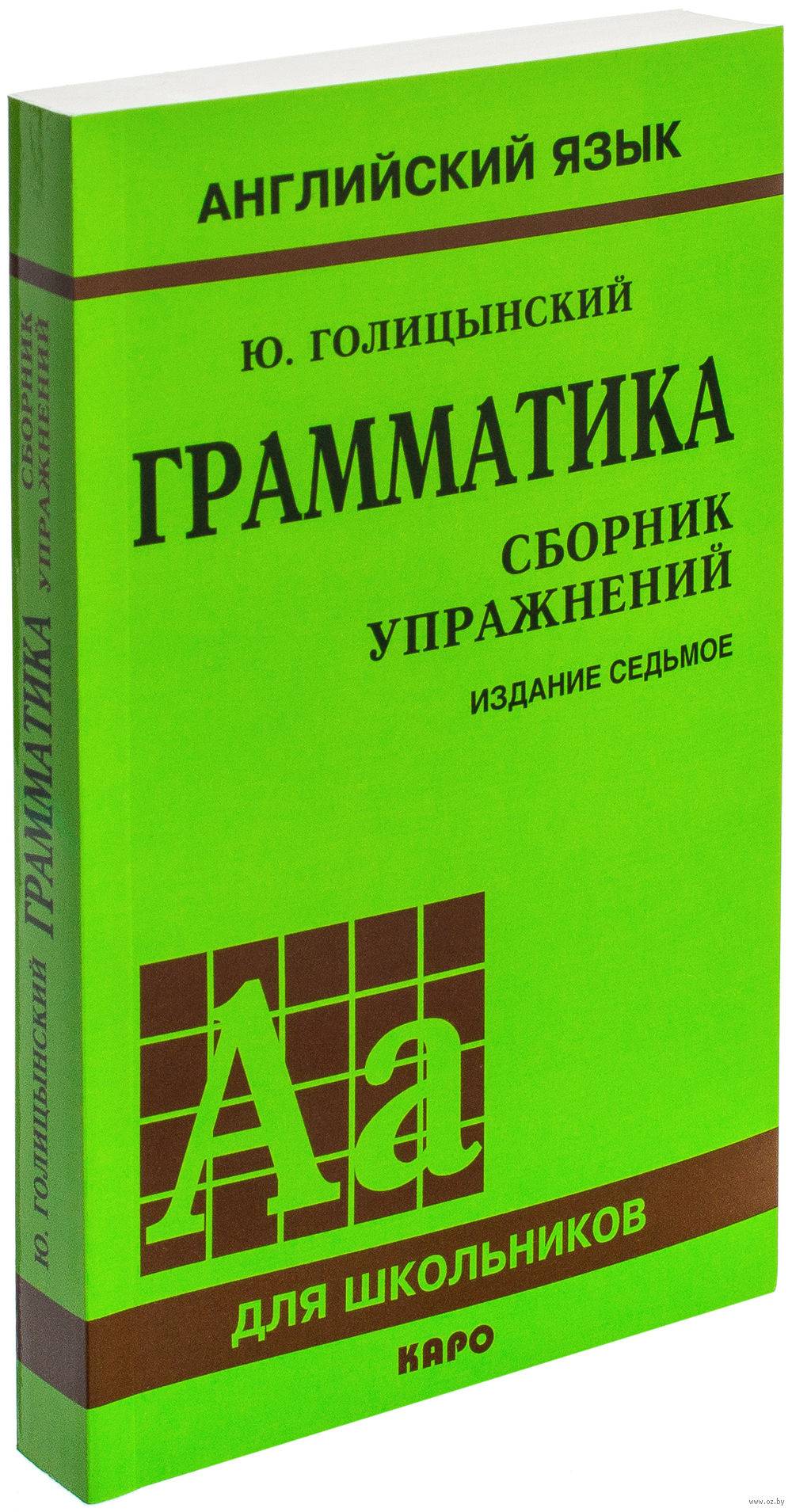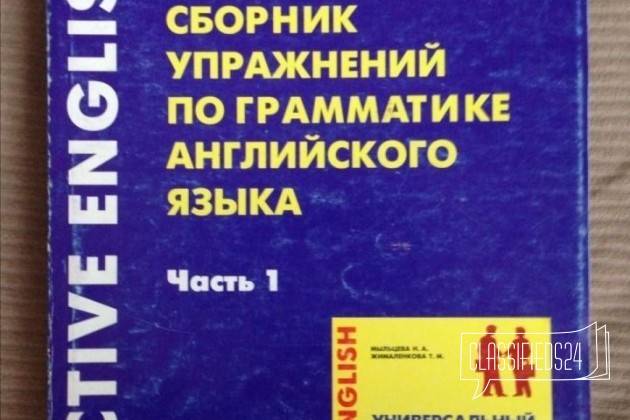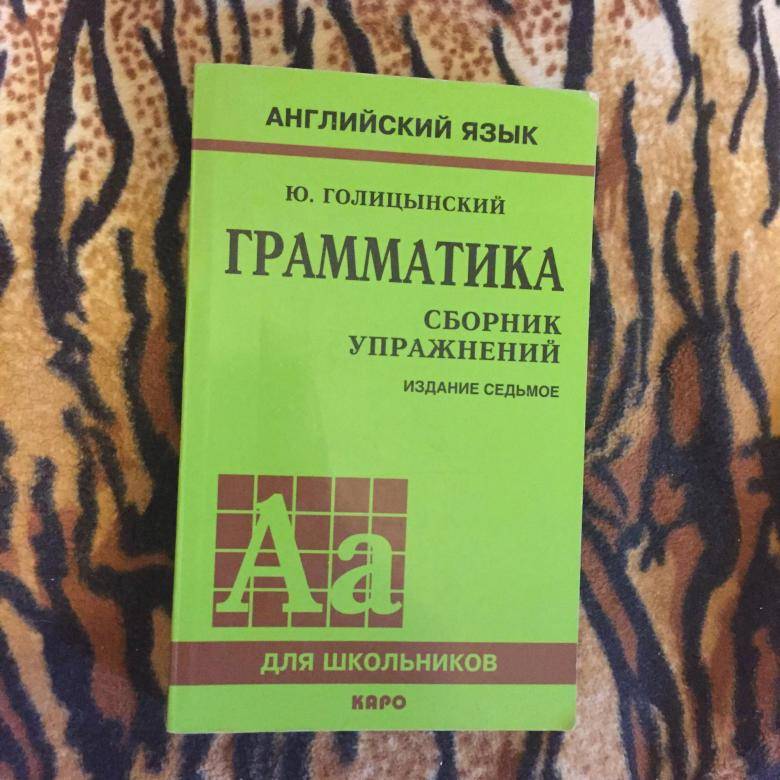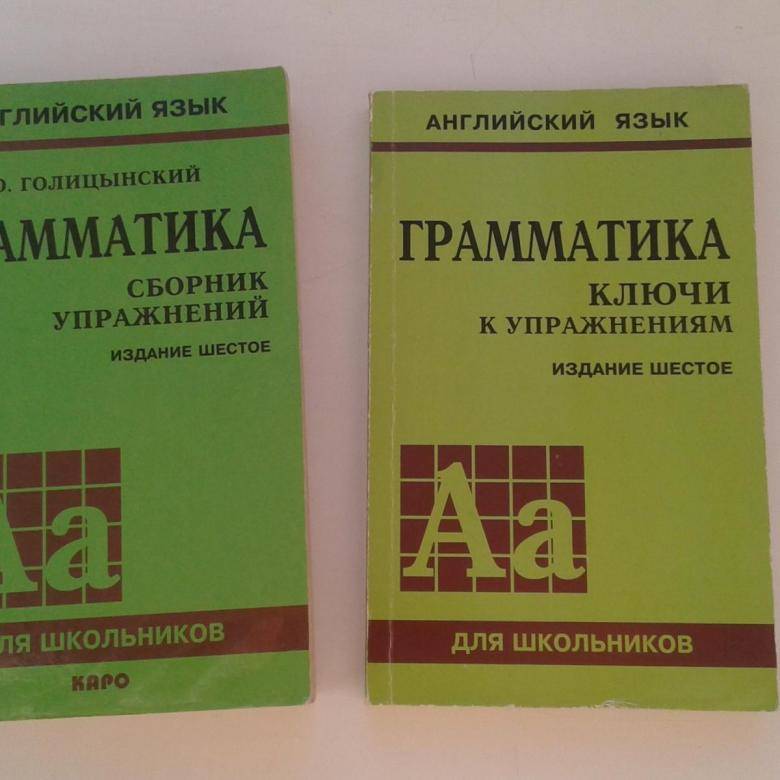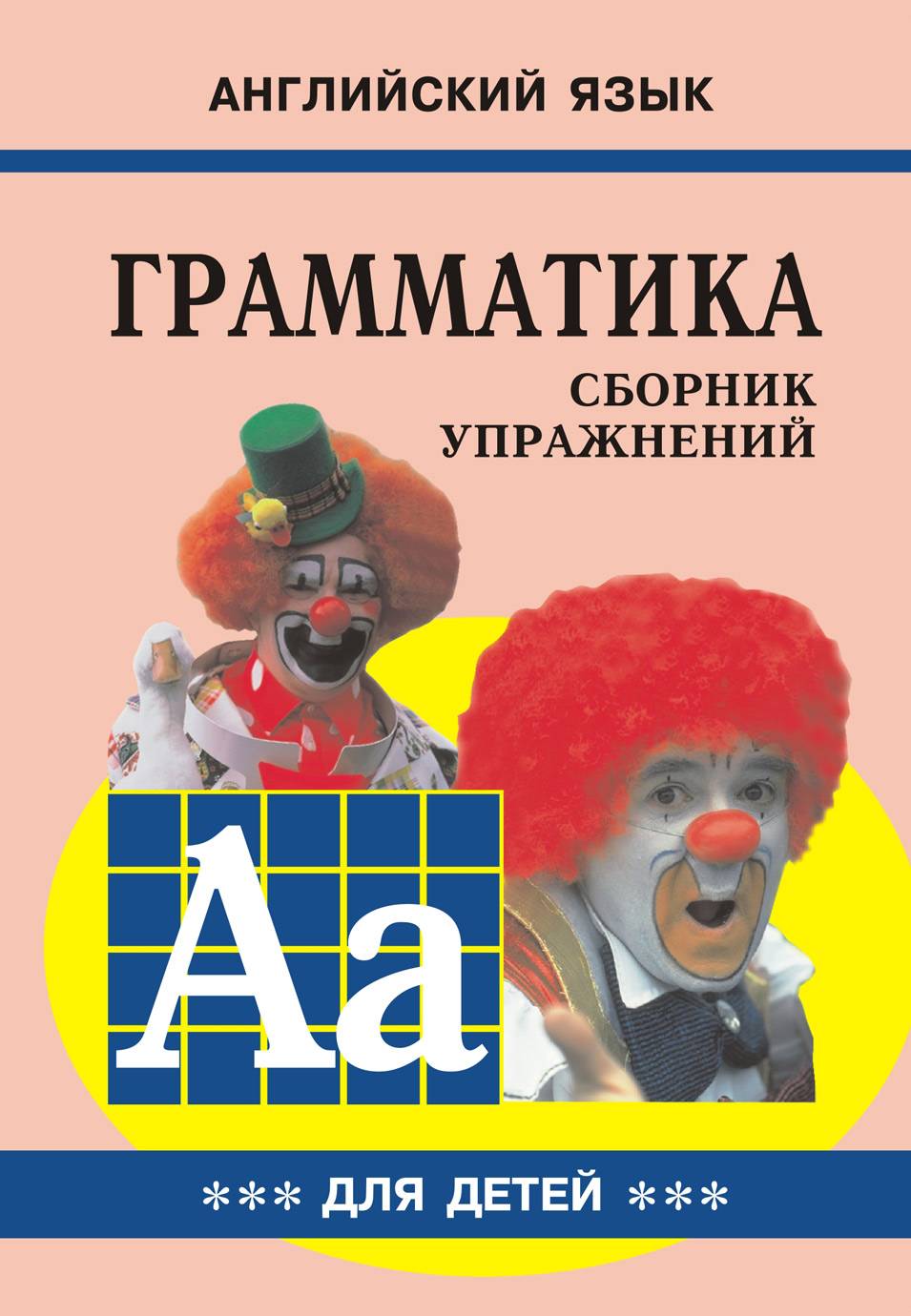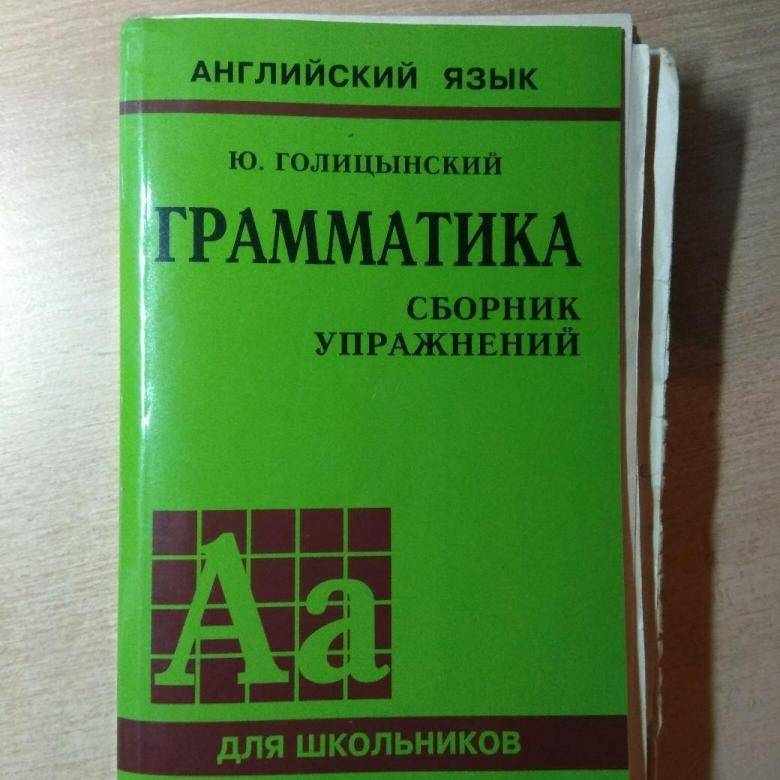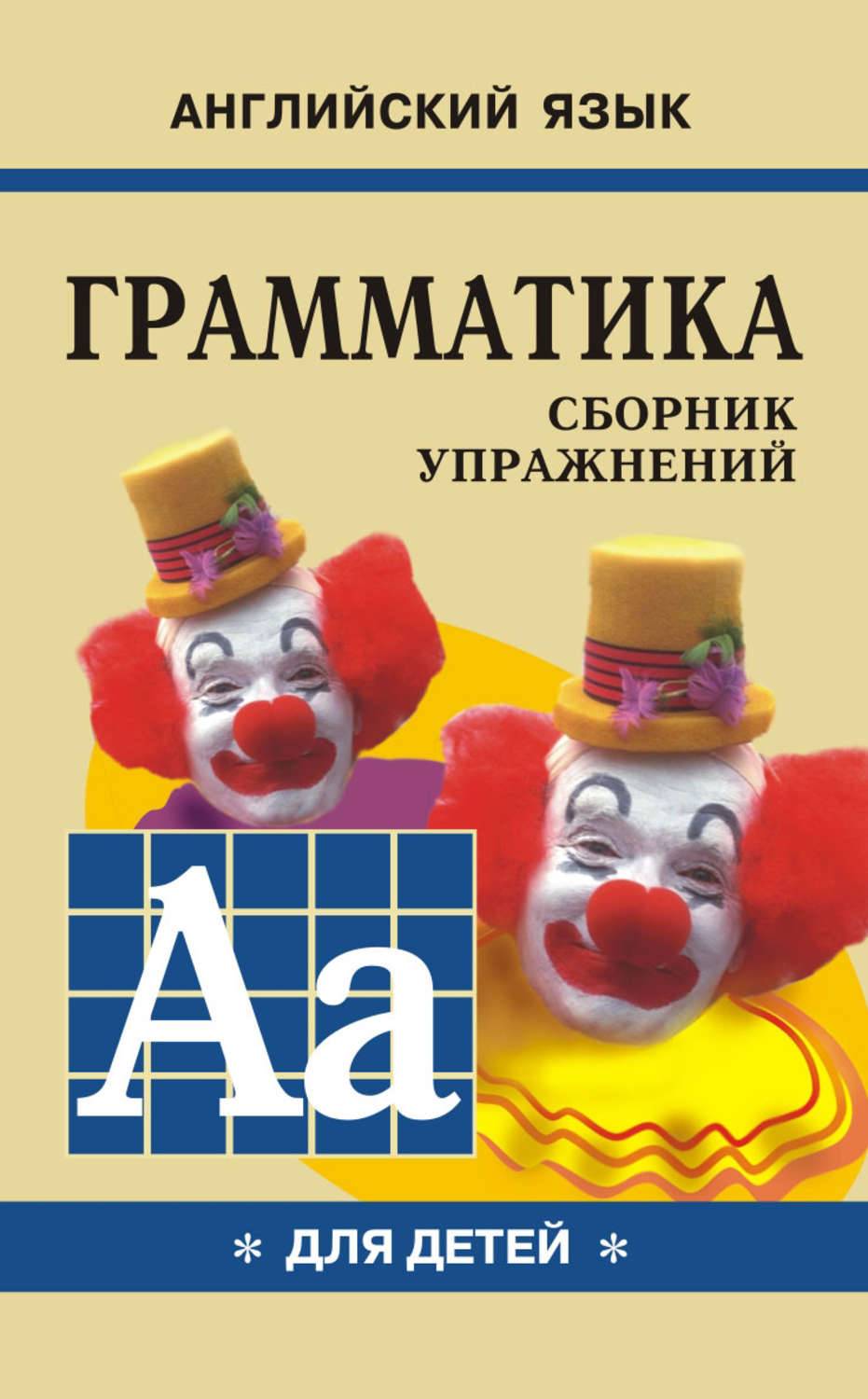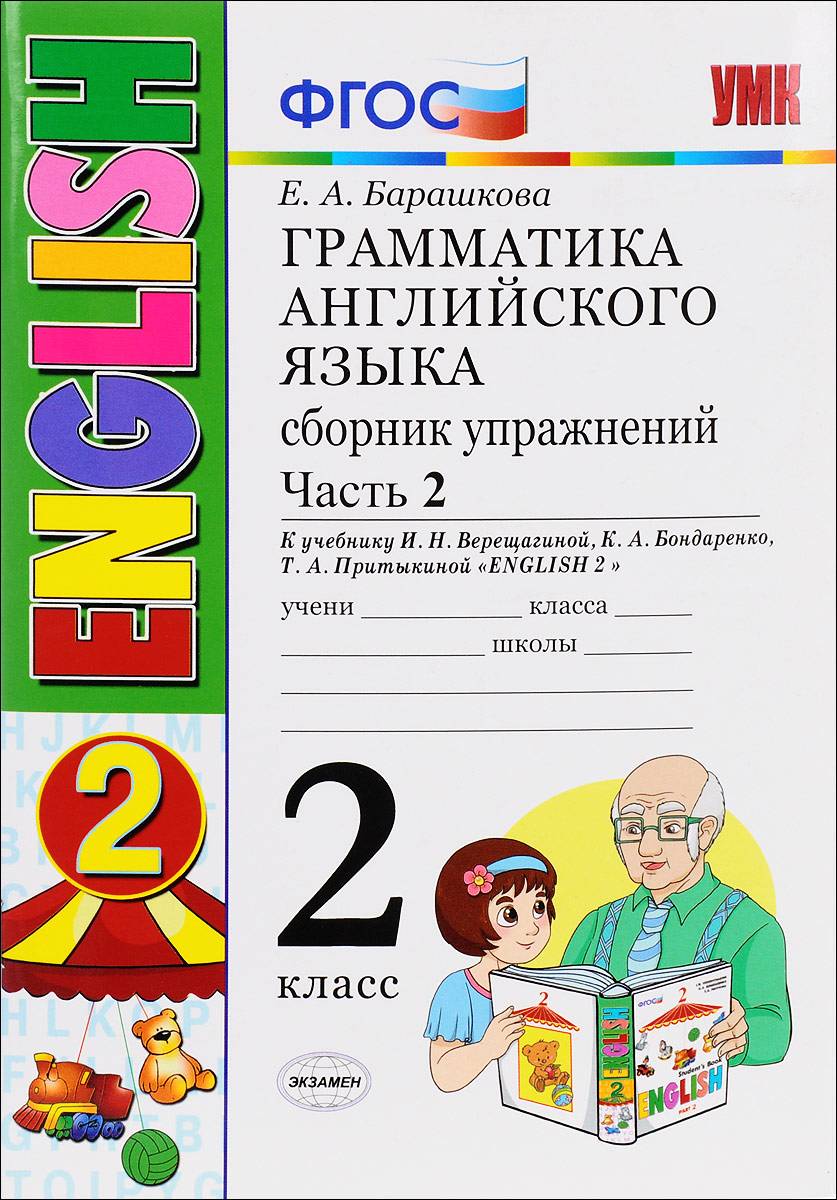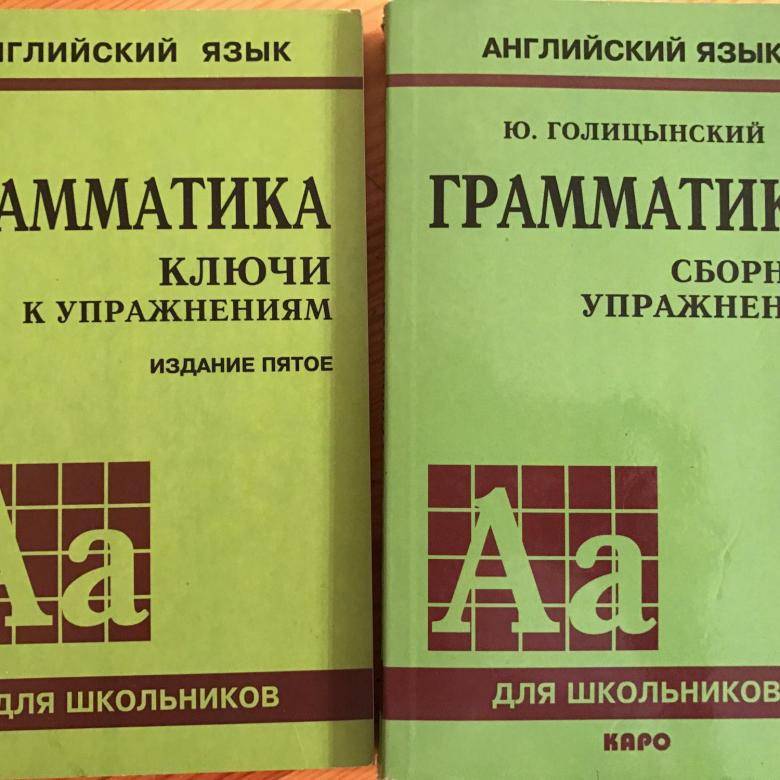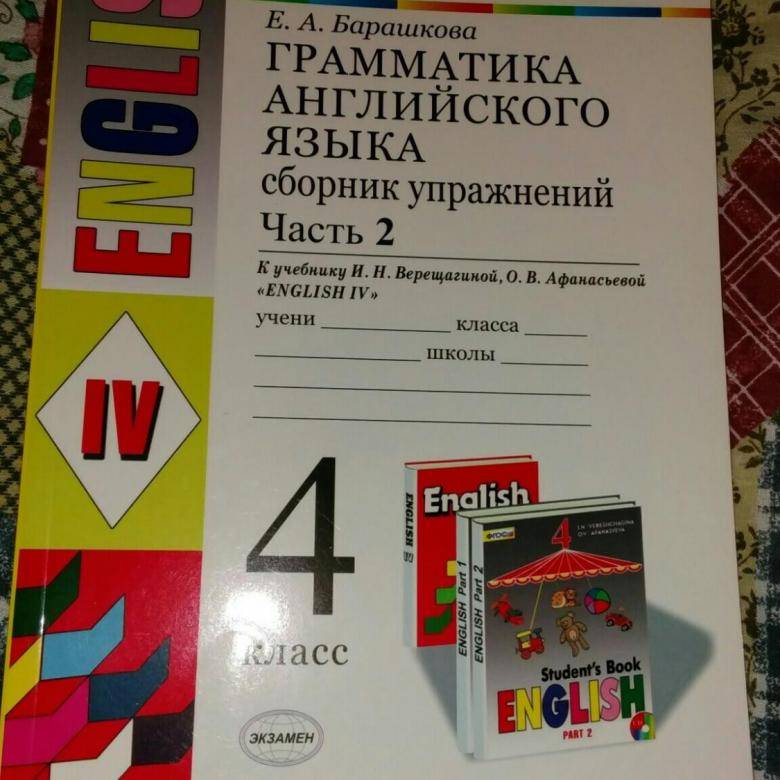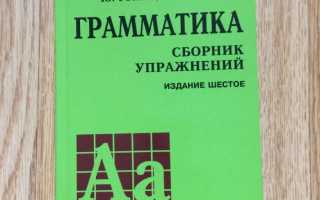Упражнение 209
1. The girl was cooking, the lights went out, she burnt (burned). 2. The boy hurt, he was skating. 3. The woman entered, the children were feeding. 4. I was visiting, I bought. 5. It started, we were bathing. 6.I was having. 7. He came, I was doing. 8. What were you doing. 9. I was going. 10. You were sleeping, I went. 11. He was reading, I came, sat. 12.I was walking, a tram passed. 13. She was looking, I saw. 14. We were answering, the headmistress entered. 15. They were drinking, I came. 16. He was walking, a boat passed. 17. The old man was thinking, he fell. 18. We listened. 19. I entered, the teacher was writing, the pupils were copying. 20. They were getting, it began.
Упражнение 230
1. It was. 2. When did you meet. 3. I have not seen. 4. Have you gathered. 5. Where have you put. 6. The new school began working. 7.I have done. 8. The building of the house began. 9. The rain has stopped. 10. We have already solved. 11. He came. 12. I have never spoken. 13. He has just finished. 14. Have you made. 15. What books did you read, you lived. 16. They have not yet come. 17. He was, he has recovered. 18. Everybody has read. 19. Have you booked, I have, I booked. 20. I have not seen, you left, you have changed. 21. Have you read. 22. I have not seen. 23. Why have you put. 24. Why have you left. 25. We have not met, we both have grown.
Упражнение 235
1. I had done, I was playing. 2. Father had come, he was having. 3. Grandmother had washed, she was watching. 4. I met, he was eating, he had bought. 5. Father came, we were cooking, we had gathered. 6. I saw, she was sorting, she had picked. 7. I came, I saw, my little brother had broken, was playing. 8. I opened, I saw, the teacher had already come, the pupils were writing. 9. I came, my sister was reading, she had brought. 10. Mother came, the children were eating, she had cooked. 11. I rang, he was still learning, he had begun. 12.I looked, the children were playing, Pete had brought. 13. The children had settled, they were watching.
Упражнение 233
1. Tom returned. 2. Tom had returned. 3.I finished. 4. I had finished. 5. He thought, he had lost. 6. Ann told, she had seen. 7. I came, mother had already cooked. 8. Father returned, we had already done. 9. The teacher entered, the pupils had already opened. 10. Kate gave, she had bought. 11. Nick showed, he had drawn. 12. The boy gave, he had brought. 13. Mother saw, Nick had not washed. 14. The teacher understood, Lena had not done. 15. I knew, my friend had not yet come. 16. I woke, father had already gone. 17. Nick thought, his father had not yet come. 18. Mary told, she had cooked. 19. I found, I had lost. 20. We came, the train had already left.
Упражнение 160
1. Where are you? — I am in the kitchen. 2. Where is Fred? — He is in the garage. 3. Where are Lisa and John? — They are at college. 4. Are you busy? — No, I am not. Mike is busy. He is the busiest person I’ve ever met. 5. It is ten o’clock. She is late again. 6. How are you? — I am not very well today. — I am sorry to hear that. 7. We are interested in classical music. 8. Vera is afraid of snakes. 9. My grandmother isn’t nervous and she is rarely upset. She is the kindest person I’ve ever seen. My grandmother is really wonderful. 10. I’m sorry. They are not at the office at the moment. 11. Where are the keys? — In your jacket. 12. What is the time, please? — Two o’clock. 13. It is the biggest meal I’ve ever had. 14. Which sport do you think is the most dangerous? 15. Chess and aerobics are not as exciting s-, skydiving and figure skating. 16. Debt is the worst kind of poverty. 17. The game is not worth the candle. 18. Do you have any idea where he is? 19. Used ears are cheaper but less reliable than new cars. 20. What is the weather forecast for tomorrow? 21. Art is long, life is short. 22. You are the best friend I’ve ever had. 23. I don’t remember what his telephone number is. 24. Two heads are better than one. 25. You are right. That’s a lot of money! Coffee is very expensive this week.
Упражнение 159
1. My name is Kate. 2. I am fourteen (years old). 3. I’m Russian. I’m from St. Petersburg. 4. I’m a pupil. 5. My favourite sport is tennis. 6. I’m interested in music. 7. My favourite subject is English. 8. My father is a (computer) programmer. He isn’t interested in politics. 9. My mother is a dentist. She is interested in art. 10. We are always busy, but we are very happy to be together. 11. Whose pen is this? — It is my pen. 12. Whose book is this? — It is your book. 13. Whose table is this? — It is my brother’s table. 14. Whose bag is this? — It is my mother’s bag. 15. Whose pencil is this? — It is my sister’s pencil. 16. Is this your exercise book? — Yes, it is. 17. Is this your brother’s exercise book? — No, it is my exercise book. 18. Where is your table? — It is in the middle of the room. 19. Where is your pen? — It is in my pocket. 20. Where is your exercise book? — It is on the table. 21. Where is your mother? — She is at work. 22. Where is your brother? — He is at school. 23. Where is your sister? — She is at home. 24. Whose pencil is this? — It is my pencil. — And where is my pencil? — It is on the table. 25. Whose watch is this? — It is my watch. — And where is my watch? — It is on the table.
Упражнение 240
1. We lived, went. 2. My sister spent. 3. She has lost. 4. All the children had returned. 5. Columbus discovered. 6. Columbus did not know, he had discovered. 7. I have already read. 8. He had discussed, he took. 9. Mother has baked. 10. She was reading. 11. I have never been. 12. They told, you had got. 13. When did you receive. 14. Our grandmother was cooking. 15. She has bought. 16. They travelled. 17. We have not seen. 18. They ate, I had brought. 19. The children had had, they went. 20. Have you ever been. 21. They were sitting, listening, who was telling. 22. My friend has just rung. 23. I was standing, it began. 24. We have not skated. 25. I had promised.
Упражнение 225
1. I have just had breakfast. 2. He has already had breakfast. 3. We haven’t had breakfast yet. 4. They are still drinking tea in the canteen. 5. I have already done my homework. 6. He is still doing his homework. 7. We have had three lessons today. 8. They have just had a meeting. 9. She hasn’t yet read this book. 10. She is still reading. 11. Who has written it? 12. What have you written to him? 13. I’ve just been to the dentist and I am feeling (I feel) a lot better. 14. He is lying. He hasn’t done his homework yet. 15. Why isn’t he eating dinner? — He is still talking (speaking) to his friend on the phone. 16. Where has that lazy cat disappeared to? — She is over there. She is sleeping in front of the fireplace.
17. She is still typing her article. 18. We haven’t seen her for a long time. 19. The grandparents have already visited their grandsons. 20. And now they are sitting in the drawing room and talking about them. 21. Have you ever been to Africa? 22. He has done everything for her. And now he is going to buy her a house. 23. The concert hasn’t yet begun and we are sitting in the hall and discussing our problems. 24. Wait for me! I haven’t taken money. 25. The time has come to talk of many things.
Сравните употребление Present Perfect и Past Simple
Упражнение 218
1. Where were you, I was, I rang, nobody answered, I was, I was reading, did not hear. 2. What were you doing, I was working, I was, I did not see. 3. Nina celebrated, there were, I came, somebody was playing, two or three pairs were dancing. 4. Somebody is playing. 5. I like. 6. I looked, it was raining, people were hurrying. 7. What were you doing, I was having. 8.I came, I saw, were sitting, father was reading, who lives. 9. I was working. 10. It was raining. 11. Where is your sister, she is, she is doing. 12. He is brushing, he cleans. 13. She is sleeping. 14. You are talking, you never talk. 15. My mother is sitting, I am setting.
Упражнение 158
1. What’s your name? — My name is Ann. 2. What’s your address? — My address is 45 Oxford Street. 3. Where are you from? — I’m from London. 4. Who is he (in this photograph?) — He is my father. 5. What is his name? — His name is John. 6. Where is he? — He is in London. 7. I am Lena and this is Nick. He is my brother. He is ten (years old) and I am twelve (years old). We are from St. Petersburg. 8. I am a pupil. I am at school. 9. My brother is a painter. He is not an engineer. 10. My sister is at work. She is a doctor. 11. He is a student. 12. Are you a student? — No, I am a doctor. 13. My sister is at home. 14. We are not at school. We are at home. 15. My brother is a pupil. He is at school. 16. Is your mother at home? — No, she is at work. 17. Is your cousin at home? — No, he is at school. He is a pupil. 18. Is your sister a teacher? — No, she is a student. 19. Is your father at work? — No, he is at home. 20. Is your sister a typist? — Yes, she is. — Is she at home? — No, she is at work. 21. My grandfather is a scientist. 22. My mother is not a teacher. She is a doctor. She is a very good doctor.
Упражнение 236
Last night we went to a football match. We took a bus. The bus was full of people as many people wanted to see the match. We got off the bus and went in the direction of the stadium. While we were crossing the road, I saw Victor. He was standing at the corner. He said he was waiting for his friend who came to St. Petersburg the day before and wished to see the new stadium. A man came up to me and asked if I had a spare ticket for the match. Victor told us that two boys just asked him whether he had a spare ticket. We entered the stadium just as the football players were coming out on to the field. At the entrance to the stadium we met Sergei. He showed us to our seats and we agreed to meet in the snack bar during the interval. He asked me if I had played football in my childhood.
Упражнение 201
1. Kate cooks dinner every day. 2. Kate will cook dinner tomorrow. 3. Kate is cooking dinner now. 4. Kate cooked dinner yesterday. 5. I do not eat ice cream every day. 6. I am not eating ice cream now. 7. I shall not eat ice cream tomorrow. 8. I did not eat ice cream yesterday. 9. He spent last summer in the country. 10. He did not spend last summer in the country. 11. Did he spend last summer in the country? 12. Where did he spend last summer? 13. She helped mother yesterday. 14. She did not help mother yesterday. 15. Did she help mother yesterday? 16. How did she help mother yesterday? 17. Do you go to school every day? 18. Are you going to school now? 19. Will you go to the south next summer? 20. Did you go abroad last summer? 21. What does your brother do every day? 22. What is your brother doing now? 23. What will your brother do tomorrow? 24. What did your brother do yesterday? 25. What did you get for your birthday?
Упражнение 171
1. I work. 2. We work. 3. They do not work. 4. Do you work? — Yes, I do. 5. Does he work? — No, he doesn’t. He studies. 6. My brother does not study. He works. 7. Do you wear glasses? 8. Do you help people? 9. Does he like to read fairy tales? 10. Does she like to play the violin? 11. My sister does not read books. 12. Our grandmother likes to sleep on the sofa. 13. Do you like to rest in the armchair? 14. We eat and drink in the kitchen. 15. My brother does not like to read newspapers. 16. We sleep in the bedroom. 17. My brother sleeps on the sofa in the living room. 18. My sister dresses before the mirror. 19. My uncle writes book. 20. We write exercises at school. 21. I spend my pocket money on ice cream. 22. He reads all the time and does not like to watch TV.
Упражнение 237
1. There were, one of them was writing, the other was reading. 2. He did not tell, he had received. 3. I asked, he knew, she lived, I said, I did not know. 4. He asked, I could. 5. She said, he had given. 6. I asked, he had put. 7. He told, they had spent. 8. I was sitting, thinking, the door suddenly opened, I had not seen, entered. 9. She came, we were having, it was. 10. I saw, he was leaving. 11. I had not seen, we met. 12. He had left, I had. 13. He felt, wanted. 14.I thought, he had already gone. 15.I found, he was talking, who were standing. 16. He spoke (was speaking), we had never heard. 17. He told, he had learnt. 18. He entered, took, went.
Упражнение 232
1. With whom did you discuss. 2. I have seen. 3. I entered, I saw, my mother was standing, cutting, she was cooking. 4. I heard, I ran, saw, a child was lying, crying, what has happened, why are you crying, have you hurt. 5. They went. 6. They have been. 7. He came, had, read, began. 8. When did your friend return, she returned, did you go, I didn’t, I was. 9. Has your brother returned, he came. 10. Have you been, when were you, I was. 11. Where is your brother, he has just come, he is taking. 12. I saw, I understood, he was working, he was writing, did not notice. 13. I came, the children were running and singing, we have learnt. 14. The young man entered, she looked, what do you want, she said, why have you come. 15. It was raining, I left, I returned, put, started. 16. Are you working, I am preparing. 17. That is, it is, I’ve just taken. 18. Where did you learn. 19. Have they already thought, have they bought, Mark has just ordered, he has mentioned, he hasn’t ordered, he has thought, the shop has charged. 20. Why are you shivering, I am shivering, I am. 21.I have sprained. 22. A world-famous violinist is playing. 23. The children were playing.
Зачем нужно заниматься грамматикой
Некоторые люди настолько не любят грамматику, что совсем ее забрасывают, предпочитая другие, более интересные аспекты английского языка. Возможно, вы просто хотите заучить несколько фраз, которые помогут вам путешествовать по миру. Во всех остальных случаях я не советую пренебрегать занятиями грамматикой, и вот почему:
Вас могут просто не понять из-за грамматических ошибок. Не забывайте, что цель занятий состоит в том, чтобы ваша коммуникация на английском языке становилась все более эффективной. Этого не произойдет, если собеседник из-за неряшливой грамматики не сможет понять то, что вы пытаетесь сказать.
Знание грамматических правил помогает выйти на уровень носителя языка, а также более эффективно, быстро и грамотно писать по-английски.
Высокий уровень грамотности – необходимое условие, чтобы учиться в англоязычном университете или работать в компании, где рабочий язык – английский. Профессиональная среда требует профессионального уровня во всем, в том числе – грамотной устной и письменной речи.
Упражнение 205
1. I am writing. 2. I was writing. 3. My little sister is sleeping. 4. My little sister was sleeping. 5. My friends are not doing, they are playing. 6. My friends were not doing, they were playing. 7. She was reading. 8. She is not reading. 9. She is going. 10. What are you’doing, I am drinking. 11. Were you drinking, I was not drinking, I was eating. 12. She was reading, she is reading. 13. My cat is playing. 14. The sun was shining, birds were singing. 15. Are you eating. 16. Were you eating. 17. What is your father doing. l8. What was your father doing. 19. Why is she crying. 20. Why was she crying. 21. I am enjoying.
Упражнение 186
1. My sister does not like. 2. When do you go. 3. What is he reading. 4. What does he read. 5. What will he read. 6. Will you give. 7. Where will she be. 8. Where will she go. 9. Will she go. 10. They will stay. 11. What are you doing, I see, you are not reading. 12. When will you finish, it is, it is. 13. How do you usually spend. 14. What will you do. 15. They are not drinking, I think, they are watching. 16. What does your father drink. 17. When do you get, I get. 18. My brother usually does not get, he gets, he will get. 19. Why will she come. 20. We shall go. 21. Our friends always go. 22. The kitten is playing. 23. Are your parents watching. 24. My sister is not resting, she is helping, she helps.
Упражнение 172
1. Where do you live? — I live in Moscow. 2. When do you have your holidays? — In January. 3. What do you like best at school? 4. My brother works at a hospital. He is a doctor. He gets up at twenty minutes past seven. He works in the morning and in the afternoon. In the evening he does not work. In the evening he rests. 5. Does your sister speak French? — No, she doesn’t. She speaks German, and her husband speaks English. 6. When do you get up? — I get up at a quarter to seven. 7. When does your brother get up? — He gets up at twenty minutes to eight. — And does your sister also get up at twenty minutes to eight? — No, she doesn’t. My brother goes to school, and my sister does not go to school. She is not a pupil yet. She gets up at nine o’clock. 8. He doesn’t wash his hands before meals. 9. This boy whistles in class. 10. He doesn’t play any musical instrument. 11. They plays football and like to watch cartoons. 12. They like their school holidays, especially the summer holidays. 13. The girl’s birthday is the thirty-first of December. 14. That’s why (Therefore) she gets a lot of presents.
Упражнение 182
1. Do you keep, I don’t think, it is, I usually have, I eat. 2. He is learning, he wants. 3. The teacher knows, the girl doesn’t often argue. 4. I think, she often worries. 5. Barbara’s boss sees, she is always late. 6. I am calling, I want, it is. 7. Do you hear, how is your job going, I am enjoying, I have, is (the only problem), the food is, I eat, I am getting. 8. Ruth is learning, she likes, she wants. 9. Do you understand, what language he is speaking. 10. Is your English getting, I think. 11. We know, he never takes. 12. They think, he learns, he knows, he speaks. 13. He is just working. 14. I don’t like, I am enjoying, I am. 15. Do you have, Rick is, I don’t see, he is visiting. 16. We don’t have, I anl coming. 17. She is trying. I think, she always has. 18. She tries. 19. My little brother doesn’t play, that is why he is practising. 20. My grandmother is, she is baking, she bakes. 21. Tom is, he is, he is yawning. 22. I am, that is, I am crying.
Упражнение 196
Boris woke up when it was already quite light. He looked at his watch. It was a quarter to seven. Quick! Boris jumped out of bed and ran to the bathroom. He had just time to take a cold shower and drink a glass of tea with bread and butter. He was in a hurry to catch the 8 am train. At the railway station he met three other boys from his group. They all had small backpacks and fishing rods. In less than an hour they got off the train at a small station near a wood. They walked very quickly and soon found themselves on the shore of a large lake. The boys spent the whole day there fishing, boating and swimming. They returned home late at night, tired but happy.
Упражнение 156
1. Walk along this corridor, turn the corner at the end of the corridor and go into the first room. 2. In five minutes everybody was sitting at the table and listening to their grandmother. 3. He looked at the boats sailing down the river. 4. Last year we travelled about Europe. 5 He was walkig along the street and looking at the faces of the passersby. 6. The dog ran up to the river, jumped into the water, swam across the river and ran into the forest. 7. He crossed the street and entered the cafe. 8. She was walking about the room. 9. They sailed across the southern seas. 10. Walk along this path across the field and through the wood, and in two or three hours you will come up to a river. 11. They were walking about the town from sunrise till sunset, talked to many people, looked at fine palaces and monuments. In the evening they returned to the hotel tired but pleased. 12. Tom Sawyer jumped over the fence and ran along the street. In a few seconds he turned the corner and disappeared.
Употребление времен
Упражнение 161
My aunt was very depressed last Sunday. The weather was terrible. It was cold and rainy. Her husband was not at home. He was at hospital because he was sick. Her children were not at school. They were not in the yard, they were in the living room. The TV was broken. The children were not only upset, they were very angry. The neighbours were not happy because her children were too noisy. The house was not clean. The sink was broken. There were dirty dishes on the kitchen table and in the sink. There was nothing in the fridge. There were no vegetables for dinner, there was no juice for her children. There was not even bread in the house! She was tired and hungry. She was just exhausted.
Упражнение 195
On Tuesday I got up at half past six. I went to the bathroom and washed my hands and face and cleaned my teeth. Then I dressed, went to the kitchen and cooked breakfast for my family. At half past seven my son got up and had breakfast. I had breakfast with my son. My son ate a sandwich and drank a cup of tea. I didn’t drink tea. I drank coffee. After breakfast my son left home for school. I didn’t leave home with my son. On Tuesday I didn’t work in the morning. I worked in the afternoon. In the evening I was at home. My husband and my son were at home, too. We rested in the evening. My son watched TV, my husband read newspapers and I did some work about the house. At about eleven o’clock we went to bed.

